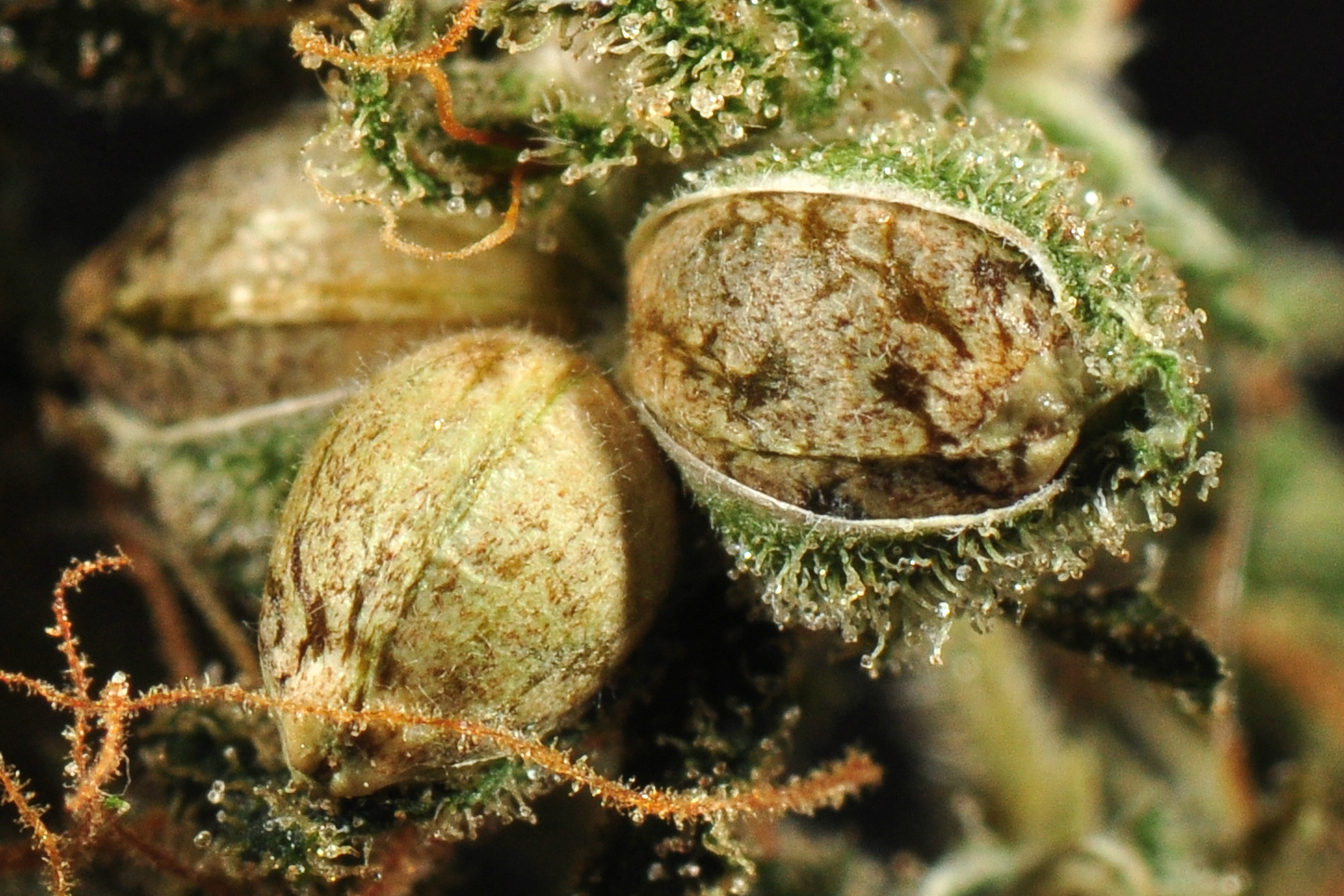In the latest years, the dialogue all-around sustainable farming tactics has gained momentum, with an expanding target on environmentally pleasant alternatives. A person intriguing player in this movement is the cannabis plant, especially its seeds. Hashish seeds have emerged as a potential match-changer in sustainable agriculture, providing a myriad of added benefits that prolong outside of the realm of recreational and medicinal use.
The Eco-Helpful Nature of Cannabis Seeds:
Cannabis vegetation are regarded for their resilience and adaptability, building them an perfect prospect for sustainable farming. The cultivation of cannabis seeds calls for less pesticides and herbicides compared to numerous other crops, contributing to a reduction in environmental air pollution. Also, hashish plants have deep root systems that support protect against soil erosion, promoting soil health and fertility.
Water Effectiveness:
Drinking water shortage is a important worry in agriculture, but cannabis has verified to be a somewhat drinking water-efficient crop. read more have a exclusive means to thrive in diverse climates, from arid regions to far more temperate zones, allowing for for cultivation in locations where by drinking water means may possibly be limited. This adaptability tends to make cannabis seeds a promising alternative for farmers hunting to preserve water and reduce their environmental affect.
Biodiversity and Crop Rotation:
Sustainable farming techniques generally emphasize the significance of biodiversity and crop rotation to manage soil wellbeing. Hashish fits nicely into these principles, as its cultivation can add to crop rotation cycles, preventing the depletion of vitamins and minerals in the soil. Moreover, cannabis crops support biodiversity by furnishing a habitat for different insects, birds, and microorganisms that participate in critical roles in ecological balance.
Carbon Sequestration:
A person usually-overlooked aspect of hashish cultivation is its probable to act as a carbon sink. Hashish crops soak up carbon dioxide throughout photosynthesis, helping mitigate the outcomes of weather improve. When grown on a large scale, cannabis has the potential to sequester sizeable amounts of carbon, earning it a valuable ally in the struggle versus worldwide warming.
Hemp: A Functional and Sustainable Crop:
In just the cannabis spouse and children, hemp stands out as a notably flexible and sustainable crop. Hemp fibers can be employed to generate a vast variety of eco-pleasant merchandise, which includes textiles, paper, and biodegradable plastics. Hemp seeds, loaded in protein and crucial fatty acids, are a healthy addition to human and animal weight loss plans, providing a sustainable alternative to standard crops.
Financial Added benefits for Farmers:
In addition to its environmental rewards, cultivating hashish seeds can give economic benefits for farmers. The escalating demand for hemp-derived merchandise, these kinds of as CBD oil and hemp-based textiles, opens up new revenue streams. As a lot more nations around the world legalize and regulate hashish cultivation, farmers have the chance to diversify their crops and tap into a burgeoning market.
Challenges and Considerations:
Even though the prospective added benefits of cannabis seeds in sustainable farming are promising, there are worries and things to consider that cannot be dismissed. Regulatory frameworks, varying lawful statuses, and the stigma involved with cannabis cultivation can pose hurdles for farmers. On the other hand, as attitudes towards hashish continue on to evolve globally, it is important to handle these difficulties to unlock the total possible of hashish in sustainable agriculture.
Summary:
Hashish seeds have the potential to revolutionize sustainable farming procedures by presenting a crop that is resilient, h2o-effective, and environmentally welcoming. As the environment grapples with the urgent want for sustainable solutions in agriculture, checking out the alternatives of hashish cultivation becomes more and more critical. By embracing the ecological added benefits of hashish seeds, farmers can contribute to a greener foreseeable future though reaping economic benefits. It is really time to acknowledge hashish not just for its leisure and medicinal worth but also for its part in cultivating a additional sustainable and resilient agricultural landscape.
